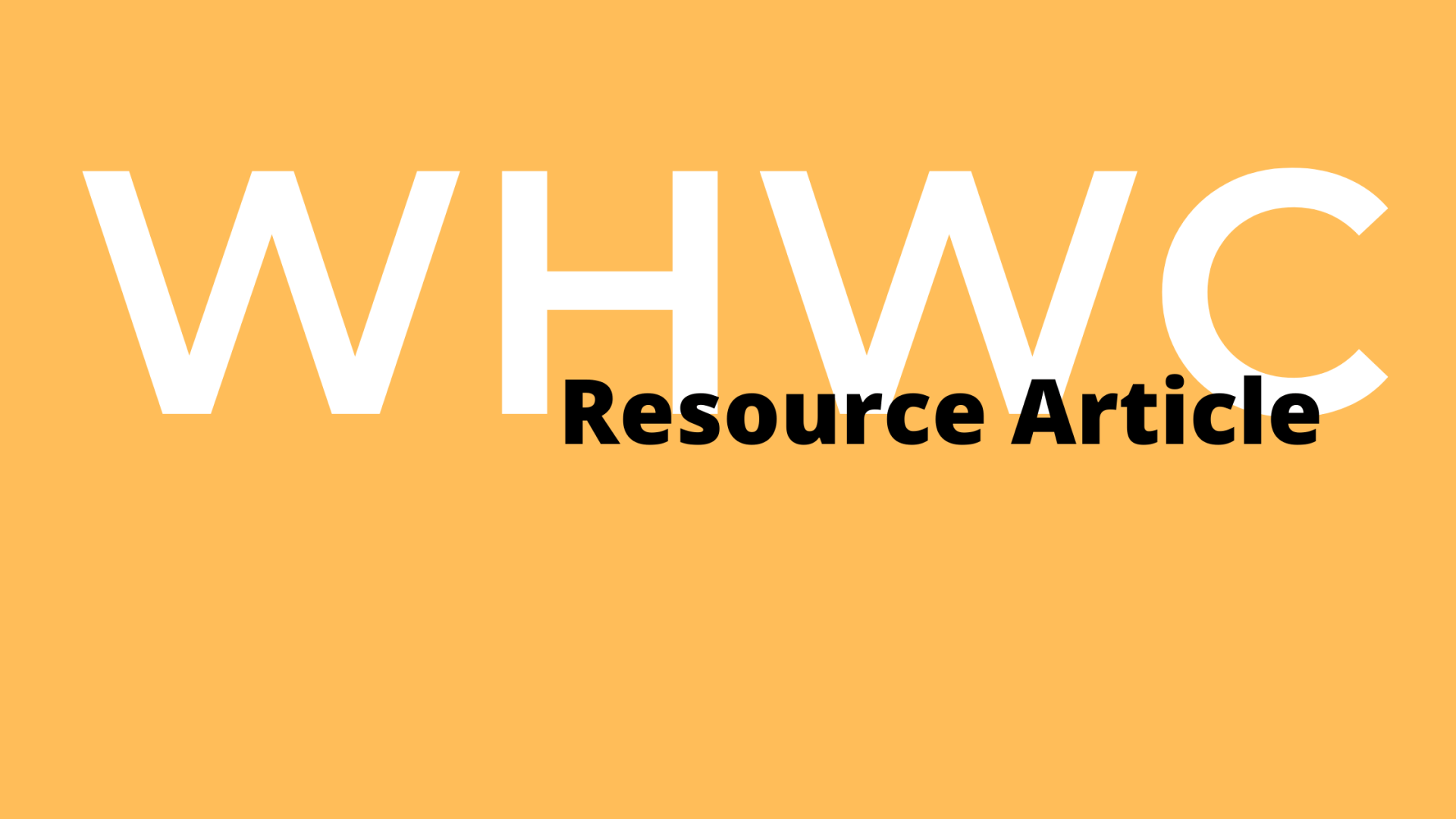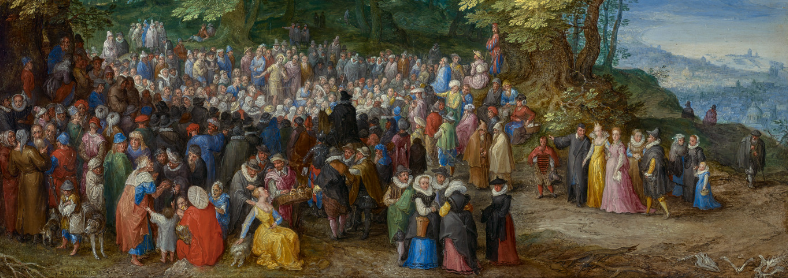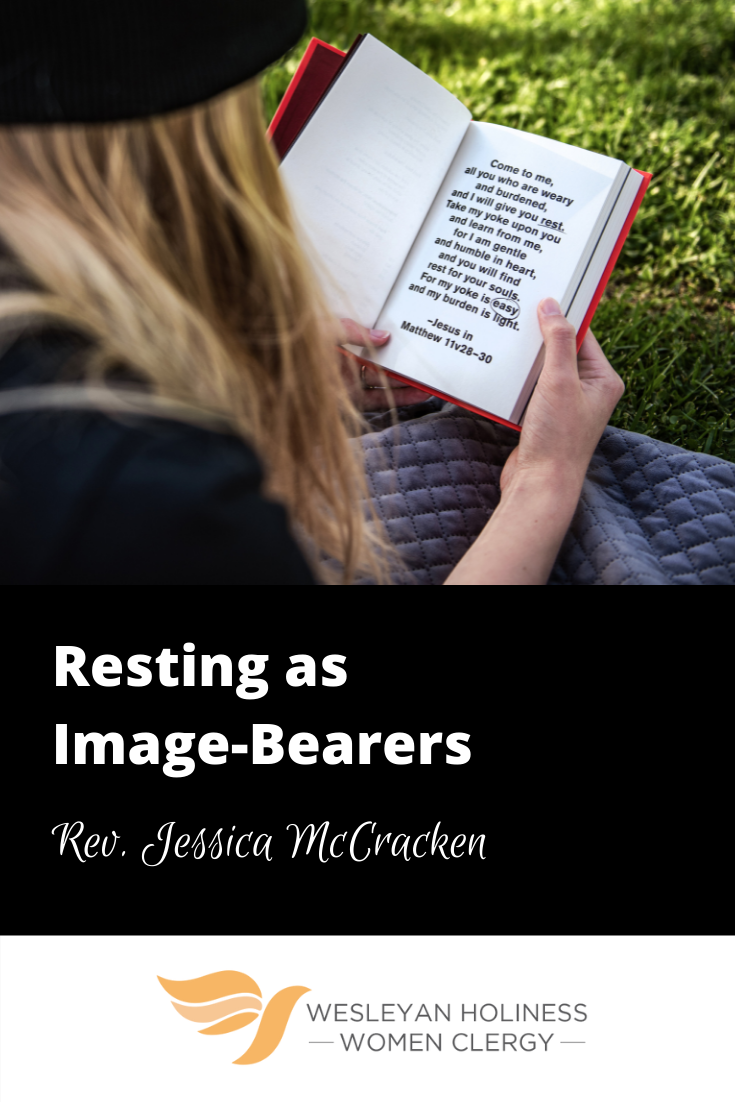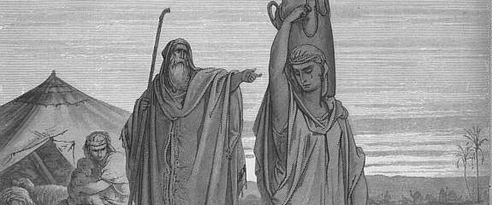Rev. Jessica McCracken is an ordained pastor in The Wesleyan Church serving in ministry at GracePointe Church in St. Johns, MI. Her background is in social services working with families, children, and issues of justice, and in church ministry. Jessica's favourite pastimes are reading all the books she can, creating up new concoctions in the kitchen, and playing nerdy games with her husband, Scott, and daughter, Zoe.
Resting as Image-Bearers
Rev. Jessica McCracken • July 21, 2021 | WHWC
Rest is part of what it means to be human, part of our DNA as image-bearers.

Where We Are
For over a year now we’ve been attempting to lead people through the growing tensions and increasing despair. It hasn’t been easy. There’s been a constant stream of changes, adjustments, and losses. An overflow of information, opinions, and advice. A barrage of anger, fear, and grief. At times, communicating has felt like trying to make your way through a language landmine.
The last year has put a magnifying glass on our communities, our relationships, our churches, and organizations, what we value and consider to be true.
It’s been exhausting. The pace—unrelenting.
And there doesn’t seem to be an end in sight in the near future.
So may I suggest that one of the best things we can do as leaders this year is to rest.
Writing that honestly makes me pause. It seems so counterintuitive and unproductive. This is not the year to slow down, step away, or cut ourselves some slack. More than ever the good news of Jesus is needed. More than ever good leadership is needed. Whatever is ahead, we must lead the way.
The Wisdom of Rest
Didn’t Jesus say, we were the “light of the world and no one lights a lamp and then puts it under a basket”?
To rest now seems like we would be snuffing out our light, retreating from the real world, placing our needs above the needs of those we lead and those we minister to.
But rest is built into the very fabric of the universe by the Creator. When God created the world, He said that everything He had made was good and in this good creation, God placed humanity to work. We were to care for, nurture, develop, and maintain this creation. We were to be participants in what God had made and to work alongside Him.
God did not stop though at the end of His creation and declare it done: not until He had created one more thing, one more thing that He declared was not good but holy. He rested on the 7th day and declared that space in time holy. His rest was not one of laziness or vacation but of delight, of taking joy in creation itself.
We often overlook how significant it is that rest is part of the world before sin disrupted the goodness of that world. We look back at the creation narrative through the eyes of hindsight and assume that rest was simply part of God’s remedy for a world that had gone off course, like a runaway train. At the very least, we see rest as a respite that God gave us to help us till Christ comes back and makes all things new, sets things right.
Rest was, however, part of God’s created order. It was connected to His declaration that all He had made was good, was complete and functioning as He intended. Rest may feel more needed in a world riddled with sin and its consequences, but rest is not a result of those. Rest is not essential because sin has messed things up; rest is essential because God created it.
He designed it for our flourishing
This is profound. To think, as the Nicene Creed puts it, “God, the Father almighty, maker of heaven and earth, of all things visible and invisible” or as the Apostle Paul writes in Colossians that this Christ who “is the visible image of the invisible God,” and “existed before anything was created and is supreme over all creation” and “who holds all creation together” wants us to rest.
He made us to rest and rest was made for us. To think that God not only rests but invites us to rest and delights in resting with us is almost too much to fathom.
Add to that truth that not even sin negates God’s invitation to us to rest and we begin to see just how fundamental rest is.
Throughout the narrative of Scripture, He invites humanity again and again to enter into that rest.
An Invitation to Rest
He invited the Israelites, His chosen people, to join in this rest as they wandered the wilderness. He invited them as they entered the promised land - when they had so much that needed to be done to establish themselves in this special place - to stop and rest.
God was inviting them to join in the rest He intended for them to enjoy at creation in the Garden of Eden. God was inviting them to join in the rest He was promising them would come one day, when what was lost at Eden was restored. God was making space for them to experience this rest right where they were.
Jesus echoes the Father’s call to rest when in Luke 4 He launches his public mission on the Sabbath and declares freedom for the captives, sight for the blind, and that the Lord’s favor has come. It hearkens back to Creation when we were free when we had eyes to behold God and his goodness and we walked with Him in the garden, what the Bible Project
calls the ultimate rest.
Our Ultimate Rest
Jesus echoes the Father’s call to rest when He tells the people in Matthew 11,
Come to me, all of you who are weary and carry heavy burdens, and I will give you rest. Take my yoke upon you. Let me teach you, because I am humble and gentle at heart, and you will find rest for your souls. For my yoke is easy to bear, and the burden I give you is light.
Jesus is speaking to people who would have been tired and worn from the daily struggles of life, the religious leaders’ endless talking and rulemaking, and the oppressive Roman Empire that made promises of a world it didn’t have the power to create.
He invites them—in the world they live—into rest. Yes, there will be work to do; there will be a yoke. And Christ will be leading them in that work. But they are to come and rest. They are allowed—in working with Him and being led by Him—to find rest, to experience rest.
Christ invites real people—in a world filled with sin and brokenness—to rest. Yes, sin is real and its consequences unavoidable. But rest is still possible. This is the good news of Christ. Rest is possible in the middle of what Jesus called “trials and sorrows” because Christ has “overcome the world.”
Rest is not simply something we need because the world is broken, because our bodies tire, or because sin has altered everything. The rhythm of work and rest is woven into the very fabric of the universe by the Creator, much like gravity.
Rest is part of what it means to be human, part of our DNA as image-bearers.
So as we move to the second part of the year and continue to live in a world where the demands for a response, a solution, an opinion, or a course of action will continue to be unrelenting, let us not forget to rest. As we continue to live in a world in need of hope and solutions, let us not forget that rest isn’t just a remedy but part of what it means to be made by God, for God and to be with God.
For further consideration:
How do you rest? What brings you rest?
Where in your schedule (weekly, monthly, quarterly, yearly) can you insert intentional times to rest?
What do you need to eliminate or rearrange in order to make rest happen?
Enjoyed this article? Connect with us on one of our social media platforms. Share it and forward it to a friend:

Wesleyan Holiness has a rich and diverse history of women empowered by the Holy Spirit following God in obedience to Him, blocking out the voices of those who didn't embrace or encourage women preachers. Each one of them are the women whose shoulders we stand upon, making way for the next generation of women pastors coming up behind us.

The wonderfully freeing truth we have in the Beatitudes is that they are not a checklist of to-dos and rules to hem us in, keep us in line, or that we must check off. The Beatitudes are words given to us as grace, dripping like honey from a honeycomb with blessing and hope in a desperate and broken world.




